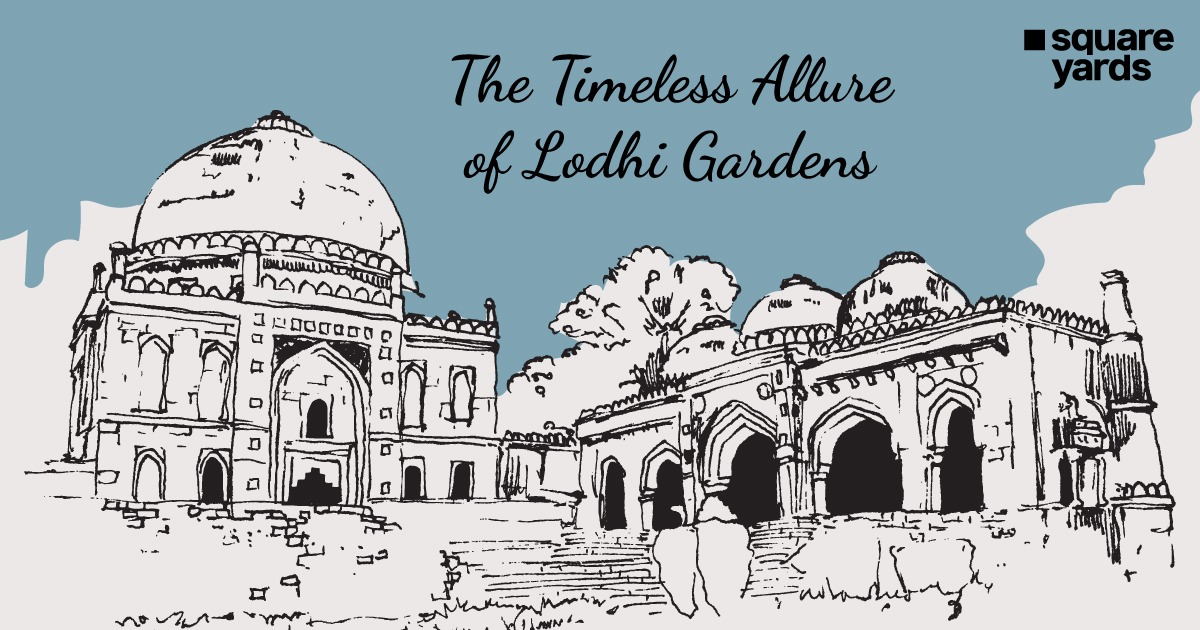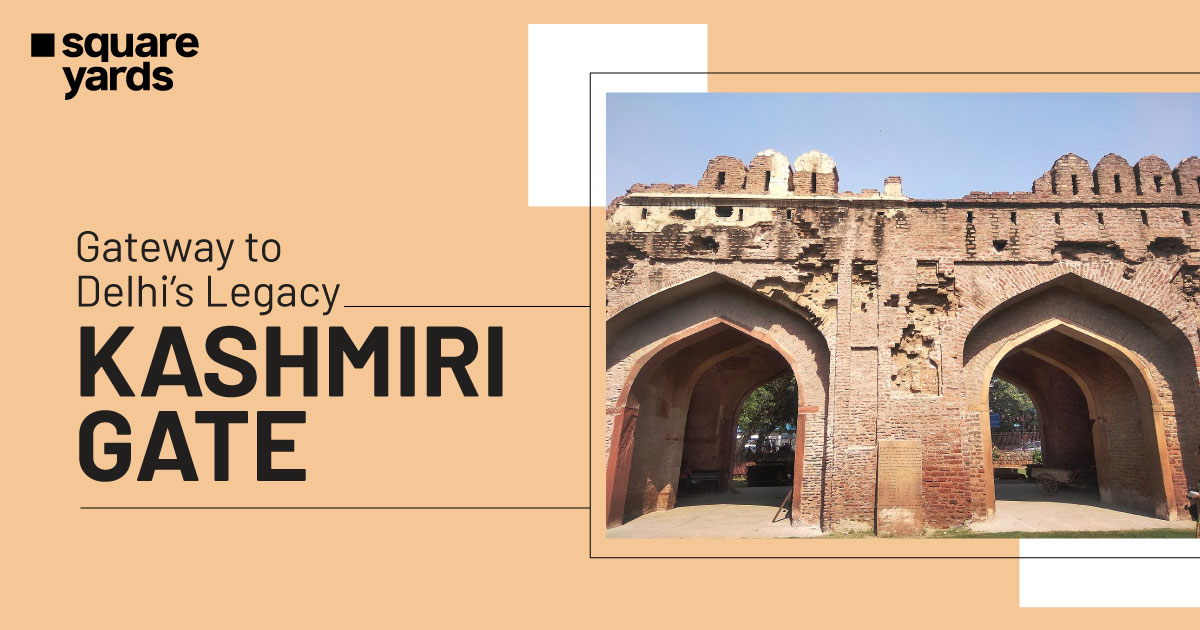Three German universities and an Indian health-tech start-up have come together to form what might just be the next big revelation in the fitness market. The AI-powered app, NutriAIDE is capable of calculating the combined calorie intake on every plate with a single photo.
A prototype of the app was recently launched in Chandigarh and is currently available completely free of cost. The app is a collaboration between ICMR- The National Institute of Nutrition, and three German universities.
Namely,
- Augsburg University;
- German Institute of Human Nutrition Potsdam- Rehbrückeand;
- Wuppertal Institute for Climate, Environment and Energy; and
- Calvry Wellness, the Indian health tech start-up incubated at the Software Technology Park of India (STPI).
The app helps people track their diets and opt for healthier lifestyles. It uses image recognition technology and aims to build smart food environments. After scanning your food once, the app can calculate the total nutritional value of the intake. It claims that malnutrition is not simply a lack of food in the masses. A major health risk in the obesogenic urban population is the consumption of food that also lacks the necessary nutrients.
A Word from the Creators
Dr Subbarao Gavaravarapu, Scientist and Head – Nutrition, ICMR-NIN, Hyderabad, says the project takes a multi-level approach. He says the research clarified the limitations of the urban middle class in regulating their diets. He says,
|
“The app intends to empower and inform users not only about the nutritional aspects of foods but promote healthier and more sustainable diets.” |
Vineet Singh, CEO of Calvry Wellness, conceptualised the project and states that the app is more than just a calorie-counting app. It enables people to transform their own eating habits and their personal behaviour. This includes creating habits that encourage the intake of food that is not only healthier but also helps lower greenhouse emissions.
Prof. Dr Markus Keck, Human Geographer and Chair of Urban Climate Resilience, Augsburg Center for Climate Resilience, Germany, ideated the collaboration and states that the project is an opportunity to truly use “transformative science that will make a lasting contribution to improving nutrition in India”.
NutriAIDE also aims at creating more personalized diets for individuals that best suit their professions and lifestyles. The prototype is currently limited in customisation, but further models will be improved. Tracking the psychology that accompanies certain food choices makes it more intelligent. NutriAIDE carries true potential that can open up unforeseen avenues for better diet creation in the future.





















